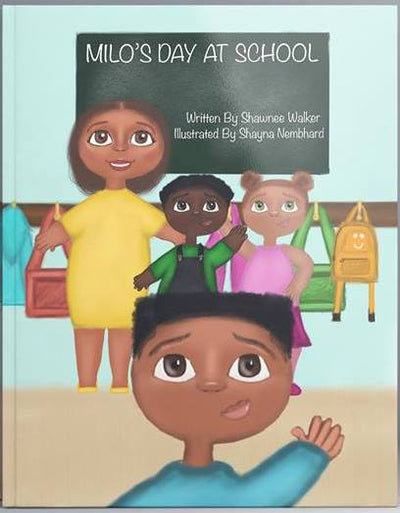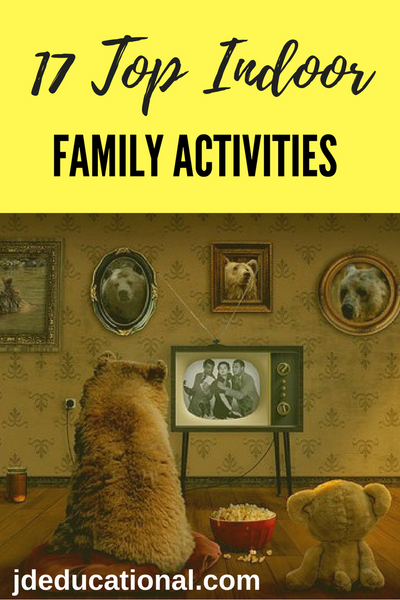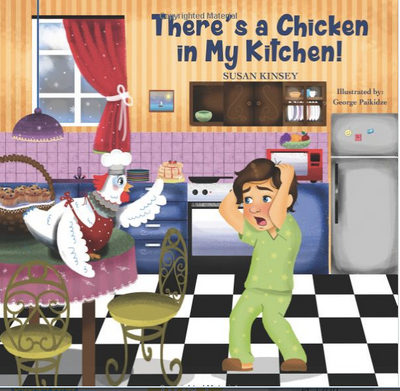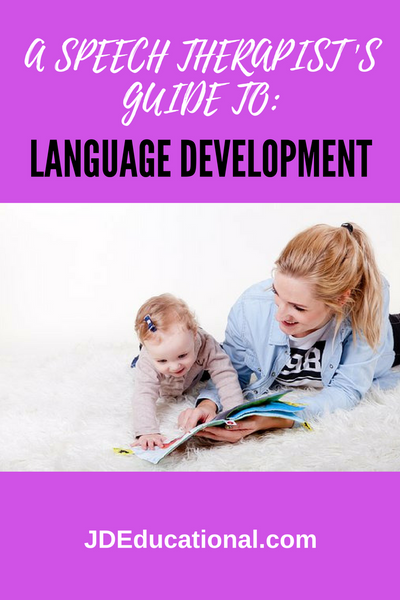Guest Post by: Lisa Orlando

Developmental milestones are pertinent skills children can usually perform at a certain age. The milestones you look for in infancy and during the toddler years are far different from those that will emerge in children ages 3 to 5.
This time in a child's life is often referred to as the "magic years." The preschool years are filled with imagination for your child and are a magical threshold when your youngster finally listens and interacts with you and others.
Physical Milestones
During ages 3 and 4, children will grow quite a bit. Most children will grow about 4 inches taller during their fourth year alone. During this time frame, the eyesight steadily evolves, which means gross motor and coordination also improves. Your child will be able to:
- Get dressed without much help
- Hop over an object or climb onto an object or ladder
- Steer and use the pedals on a bicycle or tricycle
- Understand how to throw or dribble a ball
Fine motor skills (how children use their hands) should also greatly improve. When children are around 5 years old and ready for kindergarten, most can:
- Write a few letters or maybe even their name
- String beads
- Form play-dough into small objects
- Copy basic shapes
- Use scissors to cut paper

Cognitive Milestones
Usually, around age 4, children start to think about more abstract concepts. During this age, children most often will:
- Begin to understand that pictures are images of real-life things
- Comprehend ideas that are not so concrete, such as less-than, soon or later
- Focus on one game or activity for at least 10 to 15 minutes at a time
- Grasp that there's a difference between make-believe and reality
- Learn how to order objects from small to big
- Start exploring how certain ideas relate (kids may start using words such as when or if during a conversation)
- Start to realize that actions have consequences
Language Milestones
Between ages 3 and 5, language development flourishes for most children. Kids tend to start making more complicated sentences and will likely ask a lot of questions to gain a better understanding. By the time children reach 5 years old, they should be able to:
- Adjust their way of speaking to different conversations (e.g., using simpler terms when speaking to a younger child)
- Ask questions about what certain words mean
- Converse about what they are thinking or feeling
- Follow simple, but combined instructions, such as, "Throw that away and put on your shoes"
- Recognize words and sounds that rhyme
- Show that they know how to dispute or argue, even though their arguments may be a little silly
- Sing along with songs or sing songs by themselves
- Speak mostly clear and pronounce most sounds properly (it is normal for certain consonant sounds to still be a challenge, such as “s,” “r” and “w”)

Social and Emotional Milestones
Around ages 3 and 4, children will become more socially aware of who they are and who they want to befriend. You may notice your child is interested in making friends or playing with other children. Kids will likely:
- Be a little bossy or tattle on others
- Make up jokes and laugh at the jokes of others
- Show concern when a friend or loved one is sad or hurting
- Start sharing and taking turns while they play with others
- Resolve simple social problems
Find out HERE how to support your child's emotions in a positive way!
Nurturing Your Preschooler’s Growth
Your child will develop a lot during the years after those terrible twos and before he or she starts kindergarten. As a parent, it is best to nurture your little one at this time and help foster his or her development.
Encourage social interaction with other children, read to your child, and help him or her work out problems, for example. All children develop differently, but the more you interact with your child, the more you will be in tune with where there could be deficits in the development. If you have concerns, don't hesitate to talk to your child's pediatrician.

Author bio: Lisa Orlando is Senior Vice President, Marketing, and Strategy of the Invo Family of Companies, which includes Invo-Progressus — a provider of employment and professional development for therapists. The company connects qualified candidates with job opportunities across the United States.
She’s a graduate of Emerson College where she received a BFA in Writing, Literature, and Publishing. Before joining Invo-Progressus, she was the Director of Marketing and Communications for the Pediatric Cancer Foundation where she helped with fundraising events like Fashions Funds the Cure. She was also part of the team that founded The Sunshine Project, one of the country’s first national research alliances dedicated to pediatric cancer.





